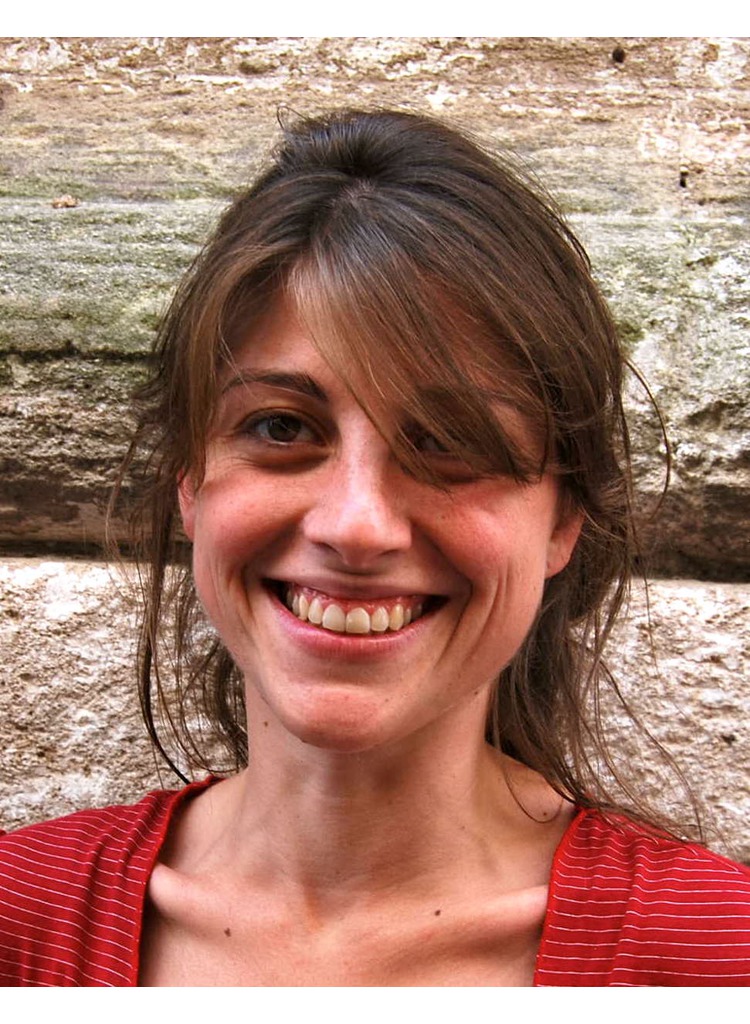Classical archaeologist
Fabiana Battistin is a PhD cum laude in Classical Archaeology and, since 2020, a postdoctoral research fellow at the University of Tuscia (Viterbo), currently in charge of the course of Ancient Topography (a.a. 2023-2024). Since 2014, she has been collaborating with CAMNES, holding courses in archaeology and the history of ancient Mediterranean civilizations. She has participated in numerous excavation campaigns and international projects and as a speaker at numerous conferences and summer schools at the national and international levels. Since 2020 she has been collaborating with international journals as a referee. She has also conducted periods of study and research at the University of Leiden (Netherlands) and small and medium-sized enterprises in Athens (Greece).
Her work in the field and academic and private institutions has been crucial in developing innovative approaches to the study of ancient urban landscapes and for the preventive monitoring and conservation of archaeological sites. Her research is mainly focused on studies of Roman topography, urban planning and architecture, with particular attention to traditional and innovative methodologies, applicable to archaeological research. In this regard, her scientific publications stand out concerning the Forma Urbis Romae and the application of the method of spatial analysis Space Syntax to the Roman city of Falerii Novi (Viterbo, Italy). At the same time, she has been collaborating since 2016 in the coordination of European and national projects aimed at developing effective tools for monitoring archaeological sites against environmental and soil pressures, today amplified by the effects of climate change. In this context, her widely published contribution is linked in particular to the definition of the general risk assessment methodology applied by the projects, and the development of a tool for the post-processing of geophysical data.


